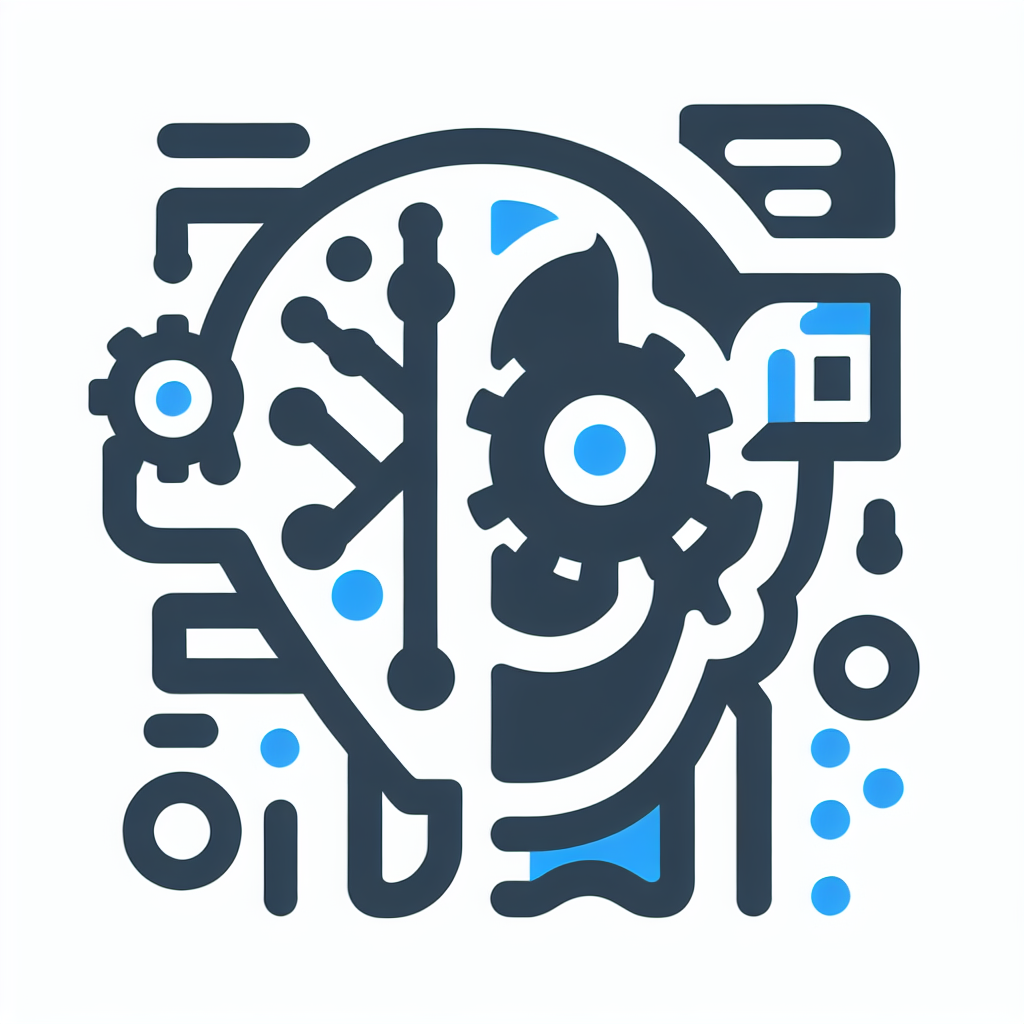Embracing AI in SEO: The 2025 Shift and What It Means for Developers
The landscape of Search Engine Optimisation (SEO) is on the brink of a transformative era as we approach 2025. SEO companies are increasingly shifting their focus towards Artificial Intelligence (AI), particularly generative AI, to enhance search engine technology, elevate user experience, and refine SEO strategies. For experienced software developers, understanding this shift is crucial for staying ahead in the competitive digital market.
The Role of AI in Modern SEO
AI has swiftly moved from the periphery to the core of SEO strategies. With its ability to process and analyse vast amounts of data, AI empowers SEO professionals to make data-driven decisions that are both efficient and effective. This transformation is not just about automating mundane tasks but also about redefining the capabilities of SEO itself.
How SEO Companies Are Shifting Focus Towards AI
Here are ten ways SEO companies are integrating AI into their strategies as we look towards 2025:
- Content Generation: Generative AI is being harnessed to create high-quality content that resonates with target audiences while maintaining SEO best practices.
- Predictive Analysis: AI tools are utilised to predict trends and user behaviour, allowing companies to tailor their SEO strategies proactively.
- Voice Search Optimisation: With the rise of voice-activated devices, AI helps in optimising content for voice search, enhancing user experience.
- Image and Video Recognition: AI aids in analysing and tagging multimedia content for better search engine indexing.
- Automated Reporting: AI-driven tools generate comprehensive reports on SEO performance, enabling data-driven decision-making.
- Keyword Research: Advanced AI algorithms identify high-impact keywords with greater precision, improving search visibility.
- Personalisation: AI enables hyper-personalised user experiences by analysing user data and tailoring content accordingly.
- Competitive Analysis: AI tools provide insights into competitors’ strategies, offering a competitive edge in SEO planning.
- Link Building: AI assists in identifying potential backlink opportunities and managing link profiles more effectively.
- Technical SEO: AI optimises website architecture and code for improved load times and search engine accessibility.
Examples of AI Implementation in SEO
Several SEO companies have already begun implementing AI-driven strategies. For instance, a leading digital marketing firm uses AI-powered tools to optimise on-page SEO factors, resulting in a 30% increase in organic traffic for their clients. Another SEO agency employs AI to enhance their content marketing efforts, achieving higher engagement rates and improved search rankings.
The Future Outlook
The incorporation of AI into SEO strategies is not just a trend; it is a paradigm shift that is set to redefine how search engines interpret and rank content. For developers, this presents an opportunity to innovate and create AI-driven solutions that cater to the evolving needs of the digital ecosystem. Embracing AI in SEO will not only streamline processes but also open new avenues for creativity and efficiency.
Frequently Asked Questions
- What is generative AI? Generative AI refers to algorithms that can create content, such as text, images, or music, often used in automating content creation tasks.
- How does AI improve search engine technology? AI enhances search algorithms, enabling more accurate and relevant search results by analysing user data and search patterns.
- Can AI replace human SEO experts? While AI can automate many tasks, human expertise is still crucial for strategy development and creative content creation.
- What impact does AI have on user experience? AI improves user experience by personalising interactions and delivering more relevant content to users.
- How does AI help in SEO strategy? AI provides data-driven insights and automates processes, making SEO strategies more effective and efficient.
- What are some examples of AI in SEO? AI is used for content generation, predictive analysis, optimising voice search, and improving technical SEO, among others.
- Is AI beneficial for small businesses? Yes, AI tools can help small businesses optimise their SEO efforts and compete with larger companies by making data-driven decisions.
- How does AI affect competitive analysis? AI offers insights into competitors’ strategies and performance, enabling businesses to make informed strategic decisions.
- What AI tools are popular in SEO? Tools that provide automated reporting, keyword research, and content optimisation are particularly popular among SEO professionals.
- What is the future of AI in SEO? AI will continue to evolve, offering more sophisticated tools and techniques to optimise search engines and improve user experiences.
What is a native HTML accordion?
It’s an interactive element created using the <details> and <summary> tags, which is supported by modern web browsers without needing extra JavaScript or CSS.
What are the benefits of this method?
The main benefits are speed, accessibility, and compatibility. It will continue to work even if you change your theme or plugins in the future.
Can I style it?
Yes, a web developer can add CSS rules to your theme to customize the appearance of the arrow, the colors, and the spacing.



